With the e-commerce landscape continuously evolving, businesses are always on the lookout for the best solutions to fit their needs. While WooCommerce has gained immense popularity, there are numerous free WooCommerce alternatives that cater to various requirements. In this context, let’s delve into the top 10 WooCommerce alternatives free in 2025, along with their pros, cons, and useful links.
1. Shopify
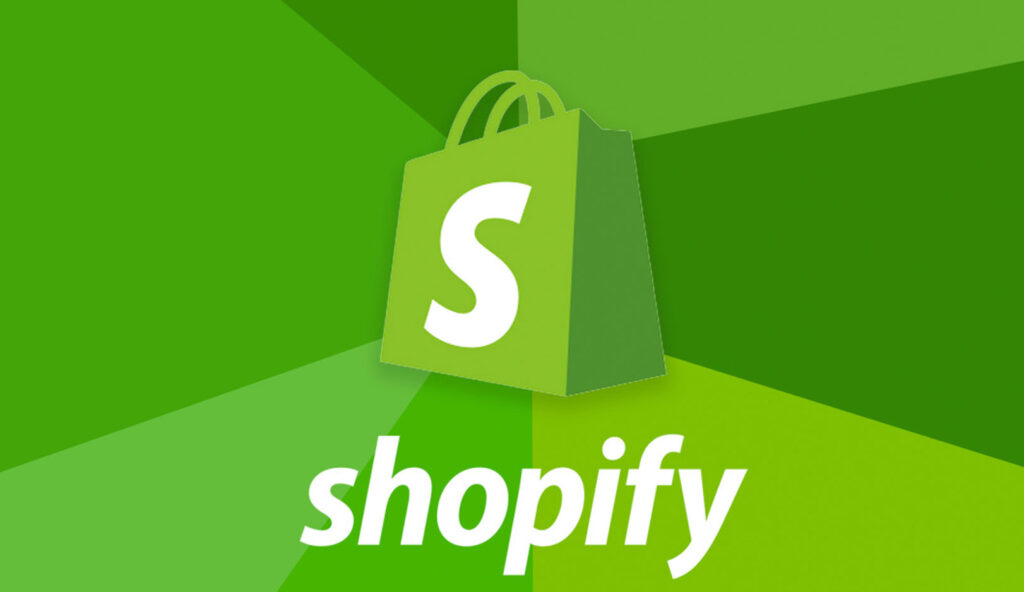
- Website: www.shopify.com
Pros:
- Easy to use with drag-and-drop features.
- Robust app store for extended functionality.
- Great customer support and security.
Cons:
- It is expensive for monthly fees and transaction fees.
– Limited customization because it is not an open-source platform like WooCommerce.
2. Magento (Adobe Commerce)
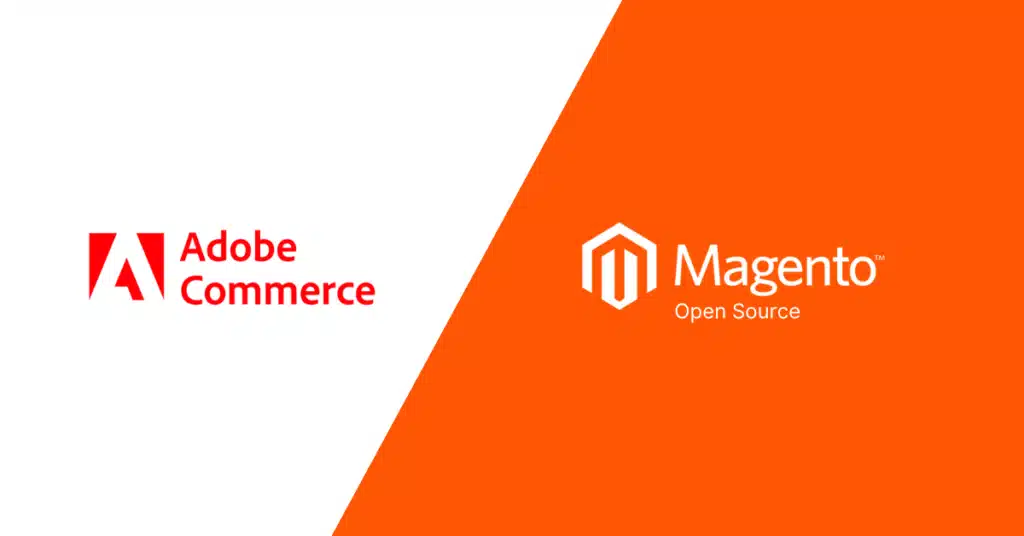
- Website: www.adobe.com/commerce
Pros:
- It is very adaptable and scalable for big enterprises.
- It has features regarding SEO and marketing.
- Multi-store and multi-language support.
Cons:
- Not very approachable for newbies since it is not a DIY platform.
– More pricey in hosting and development.
3. BigCommerce

- Website: www.bigcommerce.com
Pros:
- No transaction fees on all plans.
- Built-in SEO features and tools
- Supports multiple sales channels such as Amazon, eBay, and social media.
Cons:
- Customization of design is limited compared to WooCommerce
- High monthly fees with advanced plans.
4. PrestaShop
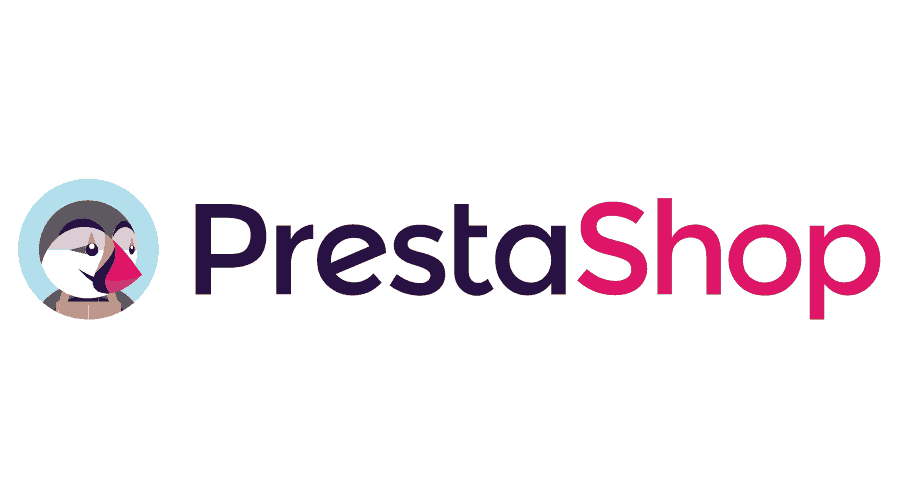
Website: www.prestashop.com
Pros:
- Free to use with open-source flexibility.
- Supports multiple currencies and languages.
- Huge marketplace of add-ons.
Cons:
- Technically demanding to set up and maintain.
- Add-ons can be expensive in the long run.
5. Squarespace
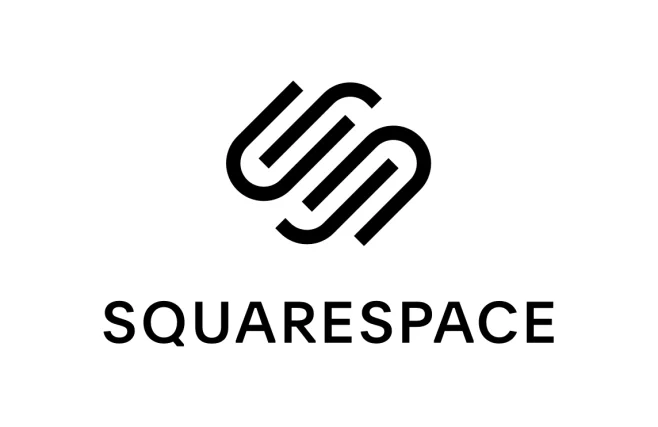
- Website: www.squarespace.com
- Great, professionally crafted template designs.
- Great simple and intuitive website development environment.
- Integrated tool support for blogging and commerce development
- Limited eCommerce function by dedicated platforms
Limited control for advanced customization—
6. Wix eCommerce
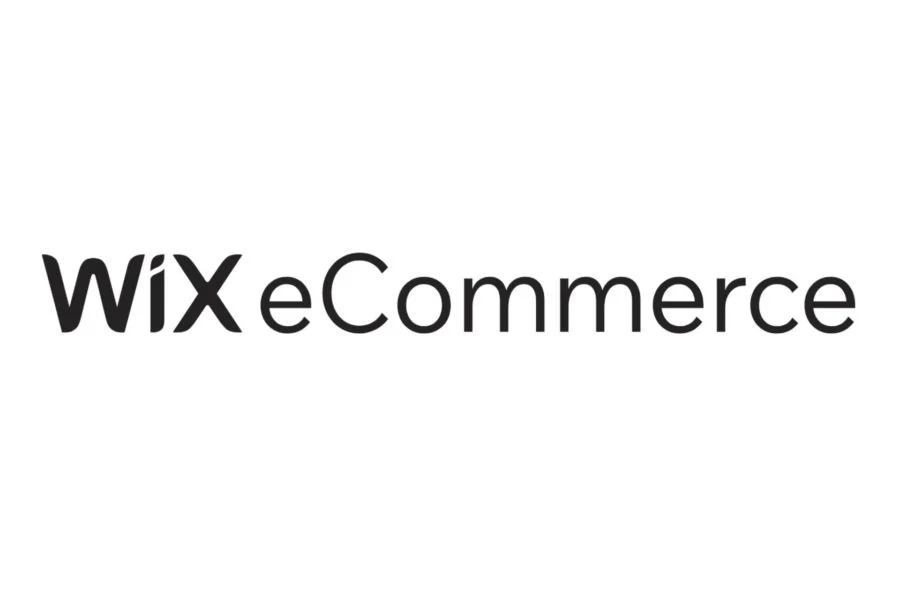
- Website: www.wix.com/ecommerce
- Straightforward and intuitive drag-and-drop environment
Good choice in commerce templates
All in one- with hosting included for use - Limited Scalability to large businesses.
Lower control over advanced function aspects—
7. OpenCart
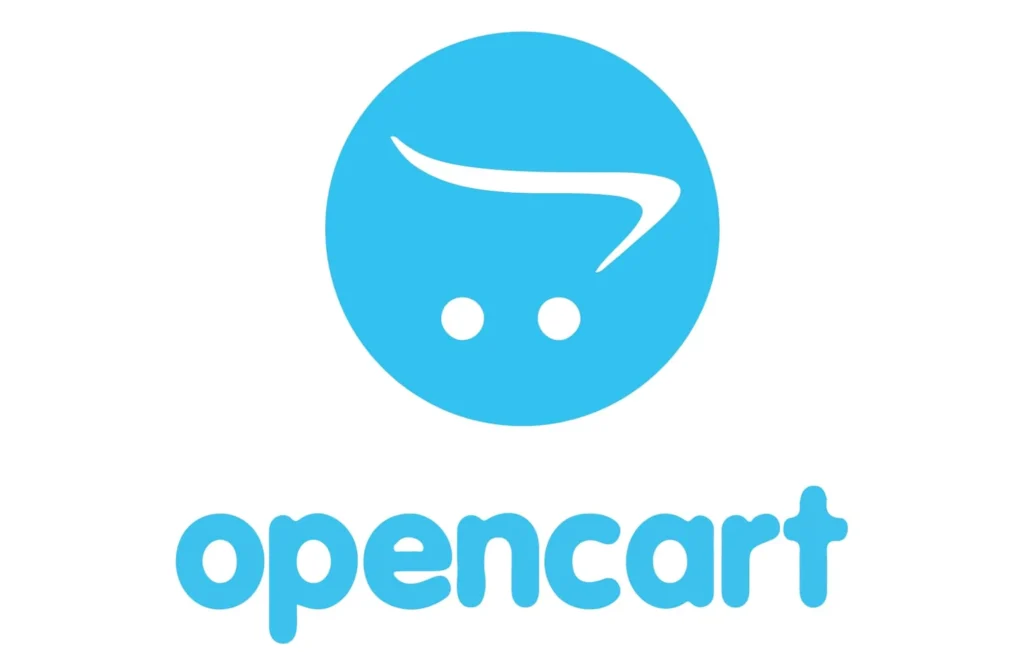
- Website: www.opencart.com
-Free open source
Lightweight rapid e-commerce platform.
- A large variety of extensions and themes.
Cons:
- Not very user-friendly for newbies.
- Needs technical knowledge to customize.
8. Ecwid

- Website: www.ecwid.com
Pros:
- It integrates well with existing websites.
- Offers a free plan for small stores.
- Supports multichannel selling across social media and marketplaces.
Cons:
- The free plan has limited features.
- Not as customizable as open-source platforms.
9. Zyro
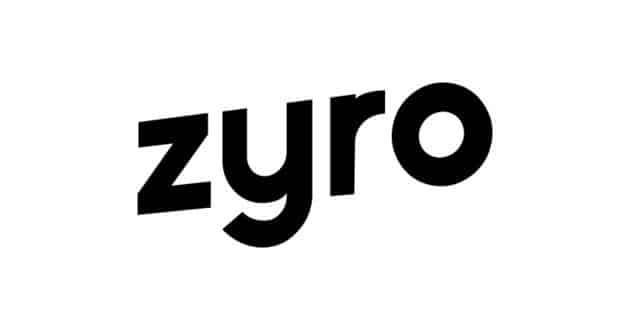
- Website: www.zyro.com
- Zyro is a website builder and eCommerce solution that was acquired by Hostinger.
Pros:
- The pricing plans are relatively cheap.
- Offers AI tools for logo design and content.
- The interface is simple and newbie-friendly.
Cons:
- Fewer features compared to major competitors.
- Not scalable for large stores.
10.Shift4Shop

- Website: www.shift4shop.com
Pros:
- Free plan available with no monthly fees (for US-based merchants using Shift4 Payments).
- Wide range of built-in features, including SEO tools and abandoned cart recovery.
- Scalable for businesses of different sizes.
Cons:
- Some features require technical knowledge to optimize.
- Limited design options compared to competitors.
Conclusion
The choice of an eCommerce platform depends on the size of your business, goals, and technical skills. Each alternative has unique strengths and weaknesses, and hence, must be analyzed against your specific needs. From scalability to ease of use and cost-effectiveness, the above-mentioned platforms are a great option to consider.
Which of the above eCommerce platforms would you like to use for your next eCommerce venture? Share with us in the comments below!

I am truly thankful to the owner of this web site who has shared this fantastic piece of writing at at this place.
very informative articles or reviews at this time.
Strong points and clear examples. Please write more on this topic.